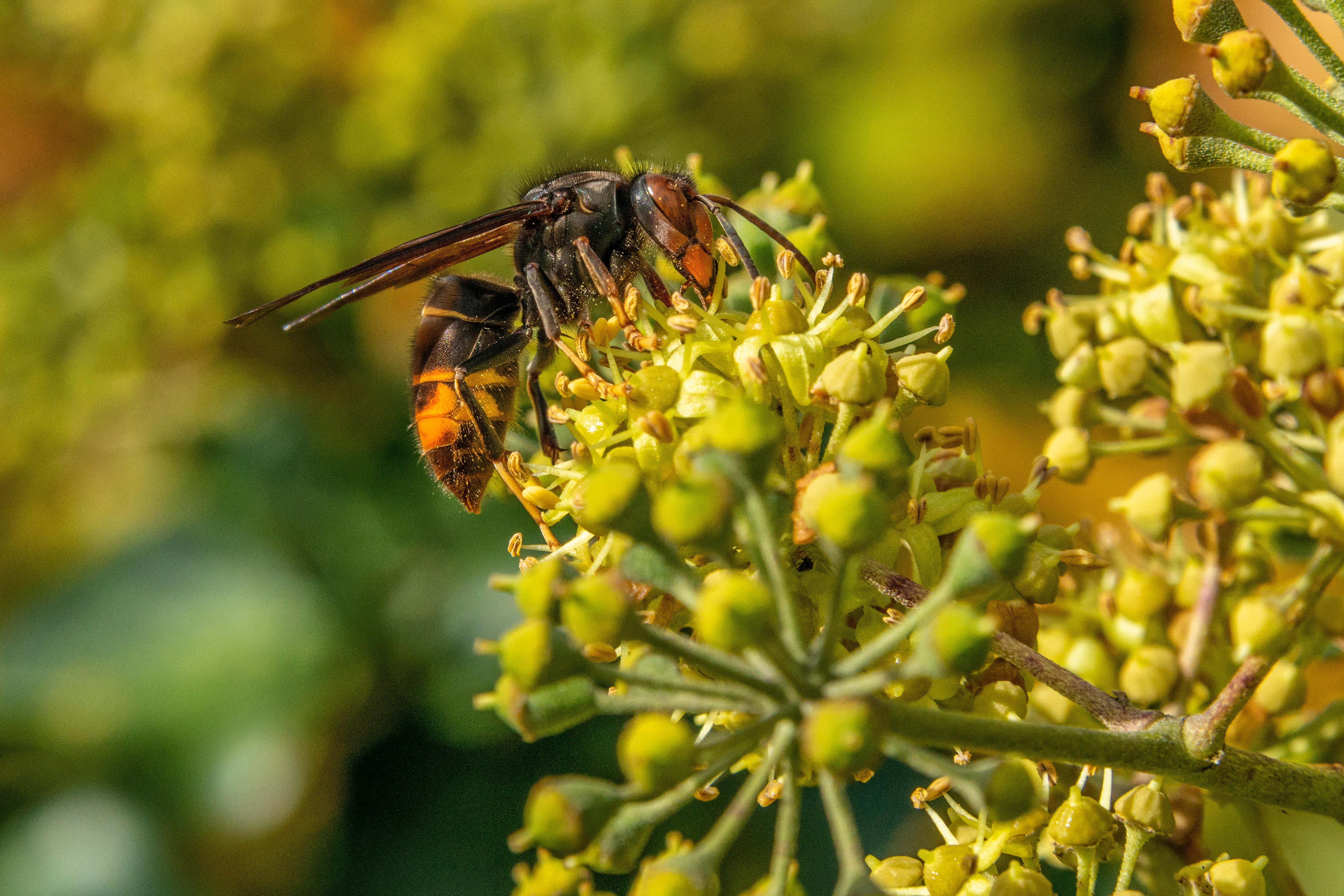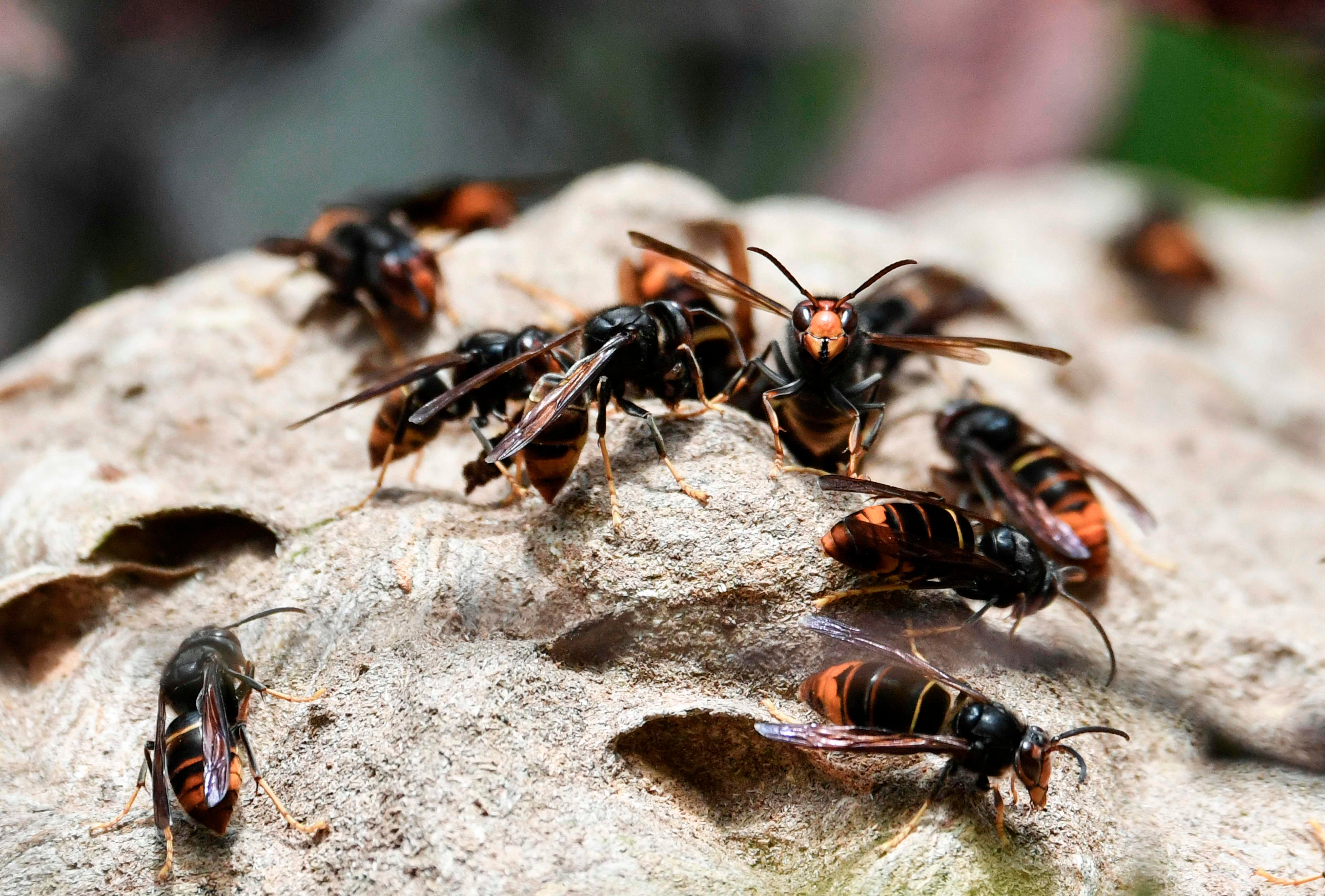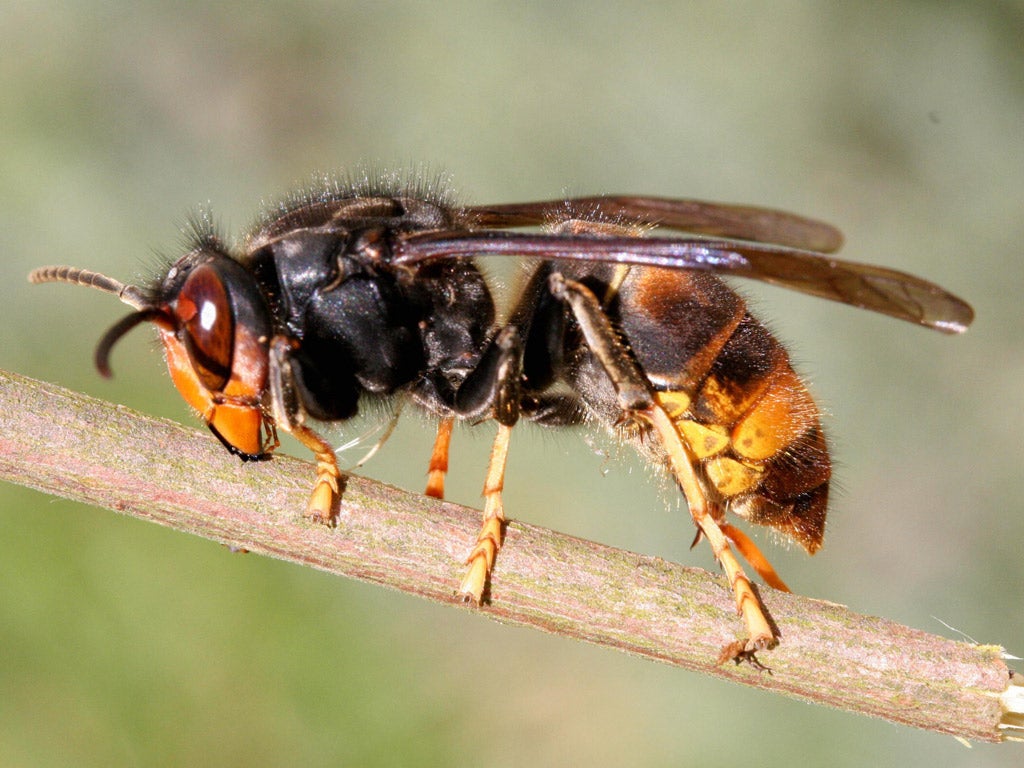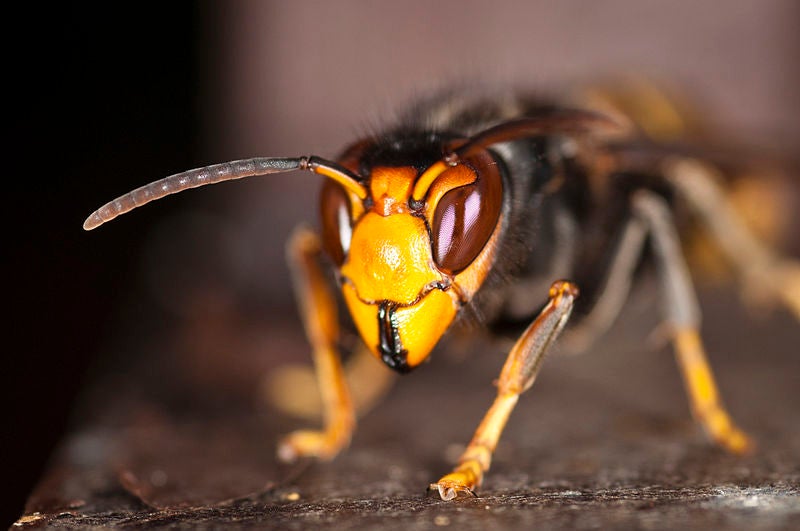Asian hornets: What is insect expected to surge in numbers in UK this summer?
Early trapping fundamental to eradication efforts, defra says
Your support helps us to tell the story
From reproductive rights to climate change to Big Tech, The Independent is on the ground when the story is developing. Whether it's investigating the financials of Elon Musk's pro-Trump PAC or producing our latest documentary, 'The A Word', which shines a light on the American women fighting for reproductive rights, we know how important it is to parse out the facts from the messaging.
At such a critical moment in US history, we need reporters on the ground. Your donation allows us to keep sending journalists to speak to both sides of the story.
The Independent is trusted by Americans across the entire political spectrum. And unlike many other quality news outlets, we choose not to lock Americans out of our reporting and analysis with paywalls. We believe quality journalism should be available to everyone, paid for by those who can afford it.
Your support makes all the difference.Health officals are warning the British public to be vigilant this summer over an expected surge of Asian hornets.
The UK’s chief plant health officer Nicola Spence has called for beekeepers and the wider public to be more aware of the hornets’ presence after record sightings in the country last year.
Asian hornets pose no greater risk to human health than native hornets but they are a threat to honey bees and insect pollinators.

In 2023 alone, the National Bee Unit said they destroyed 72 nests in 56 locations with the majority affected in Kent.
The Environment Department (Defra) said the species is not established in the UK yet but early trapping is fundamental to eradication efforts to stop further damage.
As concern for the insect’s impact grows, here’s what we know about Asian hornets:

What are they?
Asian hornets is a species of hornet indigenous to Southeast Asia that have very dark bodies, a wide orange stripe on the fourth abdomen section and yellow leg ends.
Also known as the Asian Predatory Wasp, the insect can consume 50 honey bees a day, with a swarm of insects capable of killing a hive of 30,000.

Why are they in the UK?
There have been 109 sightings of Asian hornets since 2016, of which 56 were in 2023, according to government figures.
Eight have been reported in the UK so far this year including three within one week in May. Most have been seen in East Sussex and Kent.
According to the National Bee Unit, it is thought they had first been imported to Europe in a consignment of pottery from China in 2004 before quickly establishing and spreading to many regions of France.
The Wildlife and Countryside Link (WCL), which represents 83 nature organisations, warned that recent flooding and warming temperatures have increased the risk of problem species already in the UK growing and spreading.
Richard Benwell, WCL chief executive, said: “Invasive species are already one of the biggest threats to the UK environment, from smothering waterways to outcompeting native species.
“They also cause billions of pounds in damage a year to homes and businesses, and even pose risks to human health.”

Are they dangerous?
Asian hornets are highly effective predator of insects, including honey bees and can cause significant losses to bee colonies.
Defra said: “Invasive species threaten our native biodiversity and cost the economy billions every year, which is why we support the Invasive Species Inspectorate in carrying out their role to protect the nation’s biosecurity.”
The department said Asian hornets are not generally aggressive towards people, “but an exception to this is when they perceive a threat to their nest”.

What to do if you’re stung?
Defra said members of the public can report any sightings of the Asian Hornet via the Asian Hornet Watch App.
If an Asian hornet stings you, it is important to immediately wash the area thoroughly with soap and cool water and apply ice to slow the venom spreading further.
If you have been stung and you start to have trouble breathing or find yourself wheezing or having shortness of breath, you might be having an allergic reaction and should see a doctor.

Join our commenting forum
Join thought-provoking conversations, follow other Independent readers and see their replies
Comments